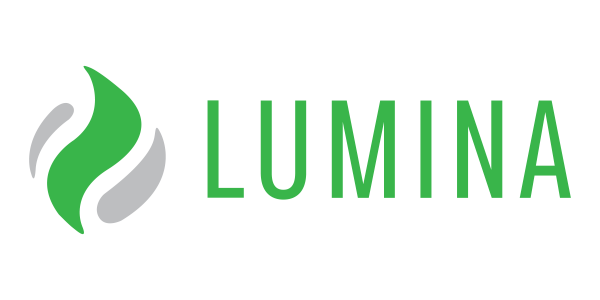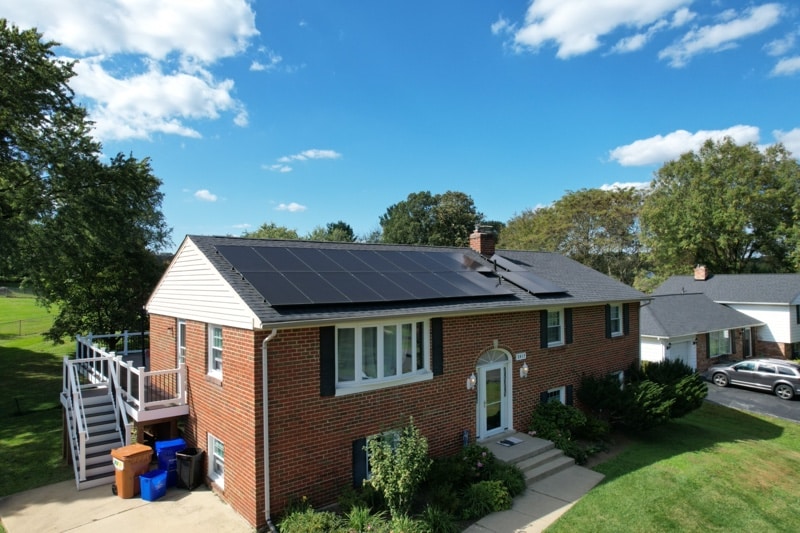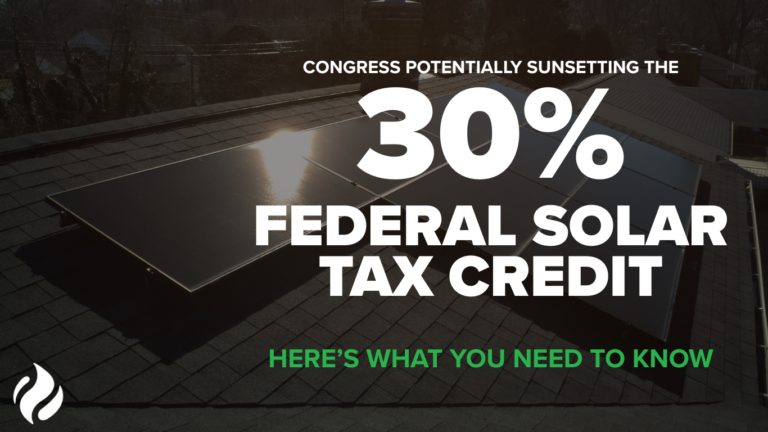One of the biggest reasons that home and business owners choose to invest in solar panels is to save money on their electric bills. And that’s probably why you’re thinking of investing in going solar. But, you might have concerns about how this could affect your homeowner’s insurance. It’s important to note that if you’re purchasing your panels outright or investing in a solar loan then you’ll want to ensure that your homeowner’s insurance has coverage for panels. However, if you’re investing in a Power Purchase Agreement (PPA), then your panels will be insured and maintained for 25 years by your solar panel provider.
Solar Panels and Your Home Insurance
When you consider the logistics of solar panel installation, it becomes apparent that it’s a large undertaking. It involves fastening large materials to the roof and then wiring them into the home. Luckily, solar installations rarely present any problems and provide homeowners with significant advantages. Issues that arise independently, such as branches falling on the home or panels, that could cause damage and should be covered by your homeowner’s insurance. That’s why it’s important to review your homeowner’s insurance policy.
Here are some questions to ask your policy provider:
- Do I need to invest in any additional coverage to protect my solar panels?
- Will my insurance premium and monthly payments be affected by installing solar panels?
- Does my existing coverage provide enough structural and liability insurance should an issue be caused by the solar panels?
Do I Need Additional Coverage?
Luckily, according to Nationwide, most standard homeowners insurance policies already include provisions for solar panels. This means you may not need to purchase additional insurance. However, there may be coverage limits. If those limits don’t fully cover the cost of your solar panels – which can in some cases be a very large investment depending on the size of your array – then it may make sense to add an additional rider just in case.
With all of that said, the above information pertains mostly to solar panels that are installed on the roof of your home. When installed on the roof, they’re considered a part of the structure. However, if your system is installed on the ground or on a separate structure (such as a shed or carport) then they may not be covered at all and you will almost definitely need to purchase additional coverage.
Other Factors
There are other considerations as well – namely, the ownership of your solar panel system. If you’ve purchased your panels outright, then you are responsible for any insurance issues arising from damage to or from your panels. In many cases though, if you’ve taken out a loan on your panels or you’re investing in a PPA, your panels may actually be insured by the company that installed them. This is because, technically, you do not own your panels. Yes, they’re on your roof, but they’re owned by the installation company (at least until your loan is paid off).
It’s still a good idea to give your insurance company a call and double check how solar panels affect your policy. However, the additional insurance provided by the solar company themselves should be more than enough coverage.
Here’s another good reason to give your insurance company a call. Some may actually offer incentives and credits for installing solar panels! This means that rather than your policy price going up, you could get savings or other perks.
To learn more about investing in solar energy, contact us today!



